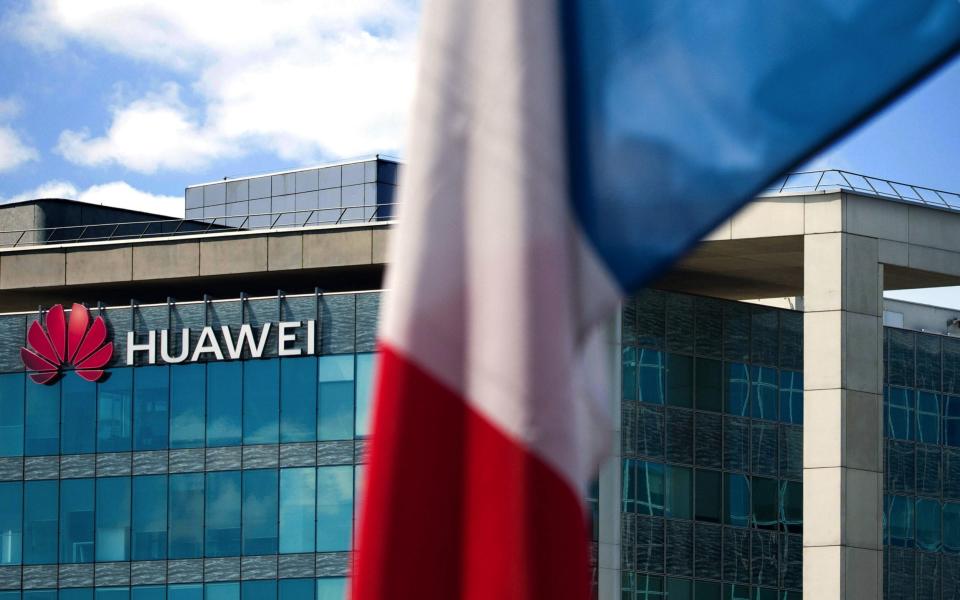UK would take 'golden shares' in Chinese-owned companies seeking to operate nuclear power plants

The UK would take "golden shares" in Chinese-owned companies seeking to operate nuclear power plants and insist that the firms are led by British nationals, under plans being considered by ministers to protect the country's critical national infrastructure.
As the Government prepares to announce the phasing out of Huawei technology in Britain's 5G network, ministers are turning their attention to fears over China's involvement in the UK nuclear industry.
Conservative backbenchers are concerned about plans by China Genera Nuclear Power (CGN), a Chinese state-owned firm, to construct and operate a nuclear plant on the Essex coast.
A policy submission drawn up by Sir Bernard Jenkin, the chairman of the Commons liaison committee, states that the Bradwell B should be owned and operated by a British-based public limited company in which the Government would take a "special share" - known as a golden share.
The shareholding would enable ministers to block the sale of other shares to protect the security interests of the UK, prevent the appointment of board members, and ensure that one or both of the chairman or chief executive is a security-cleared British citizen, according to the proposals.
The plan is being considered by Alok Sharma, the Business Secretary, and Nadhim Zahawi, the minister for business and industry, as Oliver Dowden, the Culture Secretary, prepares to separately announce an about-turn that will see the UK dramatically phasing out the use of Huawei technology in Britain's 5G network as soon as this year.
Mr Dowden and Boris Johnson are now facing pressure from backbenchers to strip existing Huawei kit from the network by as early as 2023.
Last week, The Telegraph disclosed that GCHQ has revised its previous assurance that the risks posed by the Chinese technology giant can be safely managed.
An announcement is expected after Mr Johnson chairs a meeting of the national security council on Tuesday.
Speaking on Friday, Mr Johnson said: "We need to protect our critical national infrastructure and there are ways of doing that in the nuclear sector."
Mr Jenkin said: "Nuclear espionage is already an offence, which is so widespread that international concerns about its occurrence cannot be answered simply by reference to pre-existing regulatory frameworks and enforcement agencies.
"In order to address these concerns, the UK government must implement safeguards, and cannot rely on the deterrence of punitive action thereafter."
Bob Seely, another Conservative backbencher, said he would support new safeguards for nuclear energy, but added that ultimately "we can’t have China in our critical national infrastructure where we will be at risk from Chinese attempts to intimate and cajole.”
CGN has previously said that it "values and respects" the "robust independence of the UK's regulators".
A spokesman for the Department for Business, Energy and Industrial Strategy said: "All nuclear projects in the UK are conducted under robust and independent regulation to ensure that the UK’s interests are protected.
“Employees and contractors working in the civil nuclear sector are subject to stringent pre-employment screening and National Security Vetting.”

 Yahoo News
Yahoo News 